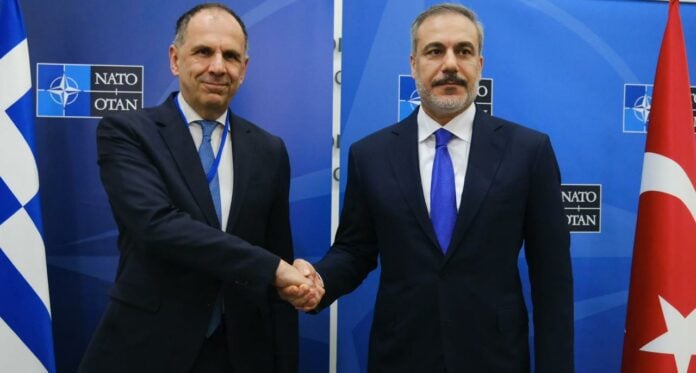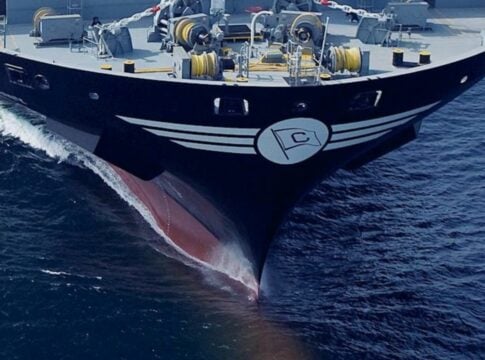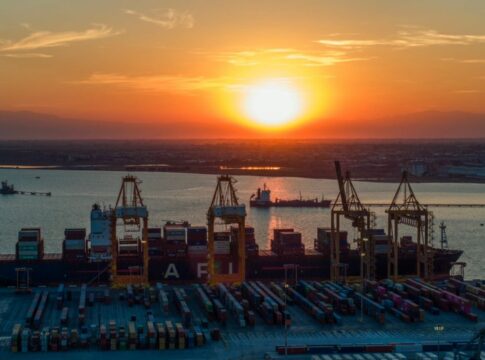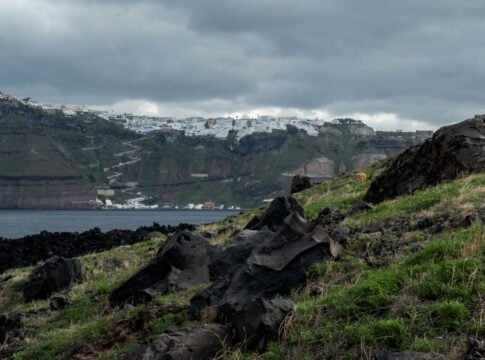Foreign Minister George Gerapetritis and his Turkish counterpart Hakan Fidan are preparing for the meeting that will be held on November 8 in Athens, aiming to make progress in the Greek-Turkish dialogue in Athens, however, without having unrealistic expectations.
The aim is for the discussion to move to a “heavier” agenda, however at the same time the country’s red lines have been clearly drawn and it is emphasized that issues of sovereignty will not be put on the table.
Athens wants to keep communication channels open, so that any differences do not automatically generate tensions. In fact, cooperation in critical areas such as immigration is positively valued, especially at this time where, due to the developments in the Middle East, there is a risk of an increase in flows.
Prime Minister Kyriakos Mitsotakis recently noted that Greece will continue to talk with Turkey, underlining that “this does not mean that we have agreed or that we are close to an agreement on the issues of maritime zones, EEZ and continental shelf.” He added that “we still have a long way to go to get to this point.”
Essentially, at the meeting of the foreign ministers, the possibility of proceeding with the discussion on this specific issue will be investigated. At the moment there are two main scenarios on the table:
-First, if there is a coincidence in relation to the framework of the delimitation by January, the two leaders are expected to give a special mandate during the High Cooperation Council, to start the substantive discussions.
-Secondly, in the event that the parties do not agree on the framework, the discussion on the delimitation will not proceed and what will be sought after is not to burden the climate in the relations of the two sides. In such a case, an effort will be made to preserve the good climate and to maintain “calm waters”, by continuing the dialogue on the positive agenda. That is, for issues that can bring the two countries closer, such as cooperation in the economy, tourism, political protection, etc.
What does the government say about the Greek-Turkish dialogue?
“Dialogue does not mean retreat, nor naivety,” government spokesperson Pavlos Marinakis underlined. He also pointed out that “we are not discussing anything else, apart from our only difference with Turkey, which is the delimitation and continental shelf.”














